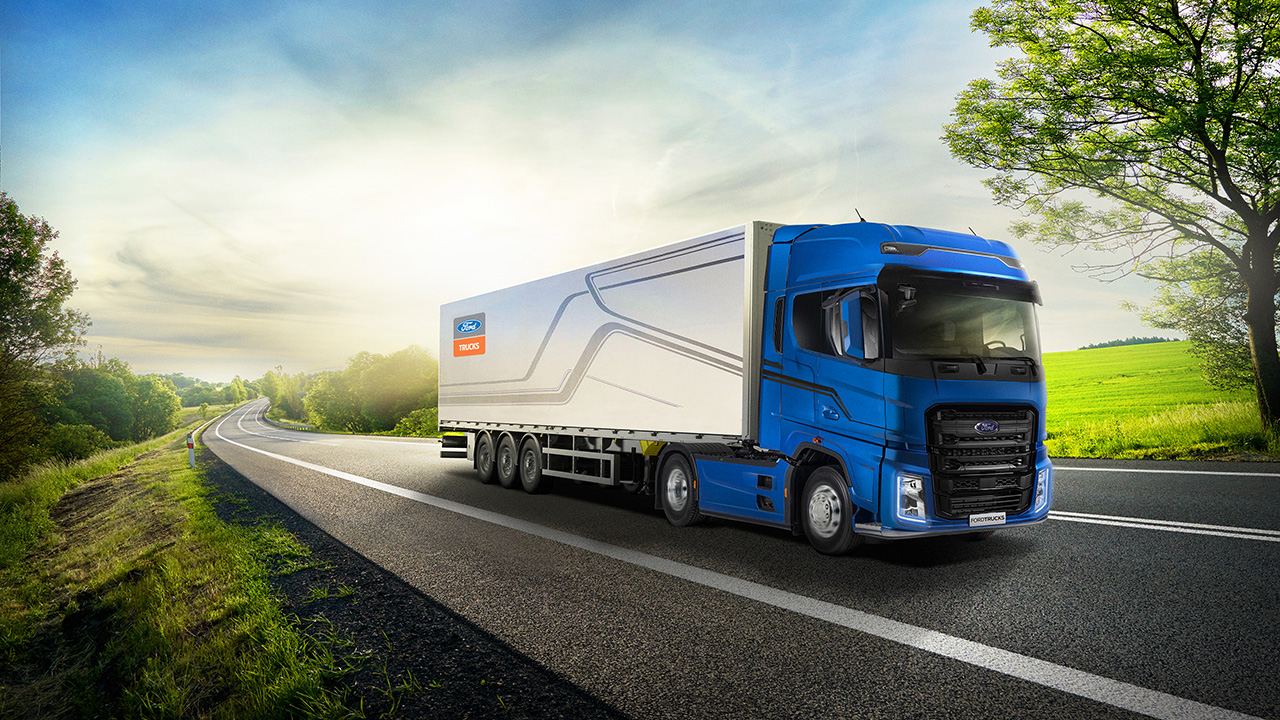The 44-ton Ford F-MAX of the Turkish joint venture Ford Otosan is to be converted into a fuel cell truck with two Ballard FCmove-XD modules of 120 kW each, albeit only as a single unit for the time being. The fuel cell-powered F-MAX will be built in Turkey and is scheduled to hit the road in 2025 for initial demonstrations as part of the EU's Zero Emission Freight EcoSystem (ZEFES) project.
“Our first Fuel Cell Electric-powered Vehicle F-MAX, which we will develop as part of the ZEFES project, will be a significant milestone,” said Emrah Duman, vice president of Ford Trucks. “We are thrilled to be working with Ballard on this critical project. This long-term relationship will generate enormous value in the future. We have a wide range of promising technological talents and capabilities, and our work is progressing quickly and successfully.”
Under the terms of the agreement, upon successful completion of the development program and subject to certain other conditions (which are not detailed in this case), Ballard may be named as the preferred supplier for volume production of the F-MAX fuel cell vehicle. The FC modules Ballard is supplying to Ford for this project will also be used in the Quantron QHM FCEV heavy-duty truck.
“Ford Trucks is an important ‘platform’ win for Ballard and a key partner for our high growth potential truck vertical,” says Ballard CCO David Mucciacciaro. “We are excited by their ambition towards scaled deployments of F-MAX fuel cell trucks. Our FCmove-XD is an outstanding match for the range, refueling, payload, and packaging requirements of long-haul tractor customers.”
The EU ZEFES project was launched earlier this year and is scheduled to run for 3.5 years. It brings together four truck OEMs (Ford Otosan, Renault Trucks, Scania, and Volvo Trucks) with suppliers, logistics operators, and research partners to accelerate the development of BEV and FCEV long-haul heavy-duty trucks. In 2025, nine different vehicle concepts (including four fuel cell and five battery electric vehicles) are expected to travel more than 1 million kilometers on routes in the EU in real-world, everyday use.
Source: Ballard

